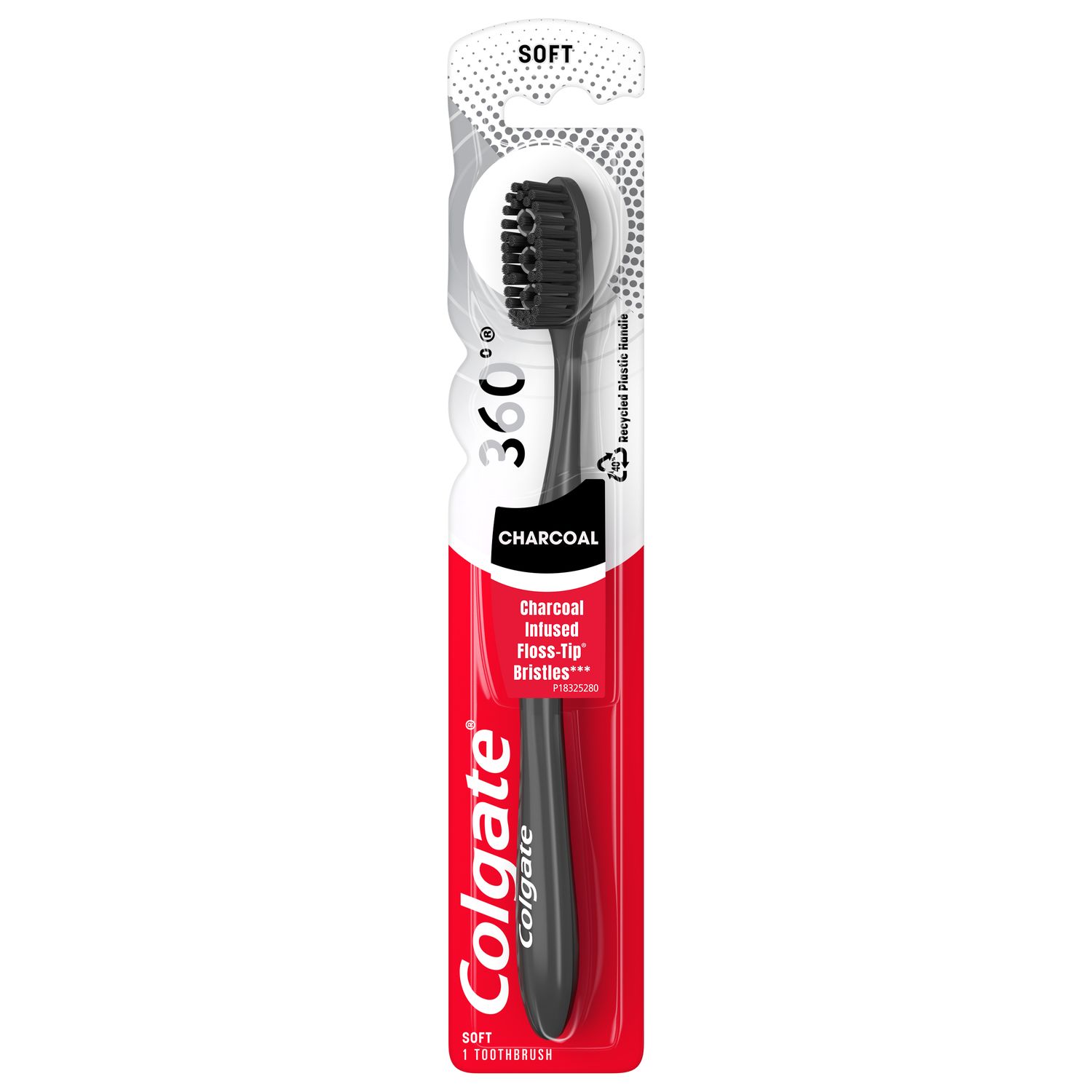Causes of Sore, Bleeding Gums
Sore gums that are also bleeding can be a sign of gum disease, an infection of the gums and other tissues that hold your teeth in place. This condition develops when plaque is allowed to accumulate on the teeth and around the gum line. The bacteria in plaque can cause gingivitis, the early stage of gum disease in which the gums become irritated and inflamed.
Early symptoms of gum disease include swollen, red or sore gums that may bleed when you brush your teeth or floss. If gingivitis is not treated at this stage, it can progress to an advanced form of gum disease called periodontitis, which affects the connective tissue and bone. Symptoms might include:
- Receding or shrinking gums.
- Long-looking teeth with visible roots.
- Bad breath.
- Loose or shifting teeth.
- Lost teeth.
Gum disease isn't the only possible cause of sore, bleeding gums. Other causes include:
- Medication. Some medications can cause bleeding gums by decreasing the blood's ability to clot.
- Oral care. Changes to your oral care routine could cause soreness and bleeding, too. For example, switching from a soft-bristled to a hard-bristled toothbrush could cause irritation.
- Brushing and flossing technique. Brushing or flossing too aggressively can damage the gum tissue, leaving your gums sore.
- Hormonal fluctuations. Changes in hormones, e.g. during puberty, pregnancy or menopause, can cause gum swelling, bleeding, soreness and other gum problems.
- Tobacco. Smoking or using tobacco is known to irritate the gums and increase the risk of oral disease and bleeding.
- Trauma. An injury or trauma to the gum tissue can lead to soreness and bleeding.
- Nutrient deficiencies. Certain nutrients, especially vitamins C and K, are essential for healthy gums, so deficiencies can lead to sore, bleeding gums.
Since sore, bleeding gums have many causes, it's important to see your dentist to get to the bottom of the issue.
Risks of Sore Gums
If your gums are sore and bleeding, it's important to seek treatment from a dentist. If gum disease is responsible for your symptoms, it could get worse if it's left untreated. As gum disease progresses, it can damage the connective tissues and bone that support your teeth, explains the American Academy of Periodontology. This damage can loosen your teeth in their sockets. In severe cases where periodontal disease has occurred, the teeth may need to be removed.
Sore Gum Treatment: At-Home Habits
There are several things you can do at home to keep your gums healthy:
- Step up your oral care and remember to brush your teeth twice a day.
- If you don't usually floss, it's not too late to start! Regular flossing (at least once a day) can sometimes stop issues with gum pain.
- After brushing and flossing, swish with a mouthwash to kill germs on contact and fight plaque between teeth and along the gumline.
Professional Treatment for Sore Gums
Proper at-home oral care habits are essential, but it's also very important to see your dentist regularly. Generally, you should visit your dentist at least once every six months. Regular dental check-ups let your dentist determine if you have any oral health problems, such as gum disease, that should be treated.
If you're diagnosed with gum disease, don't worry. This cause of sore gums can be easily fixed. Your dental professional will thoroughly clean your teeth and gums to remove plaque and tartar and instruct you on how to keep up with oral care at home. After your treatment has been completed, be sure to brush and floss regularly to remove plaque and see your dentist for any suggested follow-up appointments.
How to Prevent Sore Gums
The best way to prevent sore, bleeding gums is to practice excellent oral hygiene and good lifestyle habits. That means:
- Brushing twice a day with a fluoride toothpaste to keep plaque and gum disease at bay.
- Brushing gently with a soft-bristled toothbrush to avoid damaging the gum tissue.
- Flossing or using interdental cleaners every day to remove plaque from hard-to-reach spaces between the teeth.
- Using an anti-plaque mouthwash every day to kill the bacteria responsible for plaque and gum disease.
- Eating a nutritious diet low in free sugars to keep gums healthy and prevent plaque.
- Having regular dental check-ups and cleanings every six months to remove plaque and tartar that brushing might have missed.
- Avoiding tobacco.
Sore gums that bleed when you brush or floss can be alarming. This symptom has many possible causes, so it's important to see your dentist to learn more. Once a cause has been determined, treatment can begin. Your gums will be in tip-top shape before you know it.
Why Do the Gums on My Bottom Teeth Hurt?
Pain that is only affecting your bottom gums might be a sign of:
- Injury or trauma.
- Misaligned bottom teeth.
- An infection or abscess in the bottom teeth.
If your bottom gums are persistently sore, or you have signs of infection like swelling or fever, see your dentist for advice.
Do Sore Gums Go Away?
Depending on the cause, sore gums may heal. For example, injured gums may just need a little time to heal, while pregnancy-related sore gums might resolve after giving birth when hormones start to stabilize. However, if your sore gums don’t seem to be going away by themselves, see your dentist to get to the root of the problem and treat any oral health issues that might be causing your sore gums.
This article is intended to promote understanding of and knowledge about general oral health topics. It is not intended to be a substitute for professional advice, diagnosis or treatment. Always seek the advice of your dentist or other qualified healthcare provider with any questions you may have regarding a medical condition or treatment.
ORAL HEALTH QUIZ
What's behind your smile?
Take our Oral Health assessment to get the most from your oral care routine
ORAL HEALTH QUIZ
What's behind your smile?
Take our Oral Health assessment to get the most from your oral care routine















